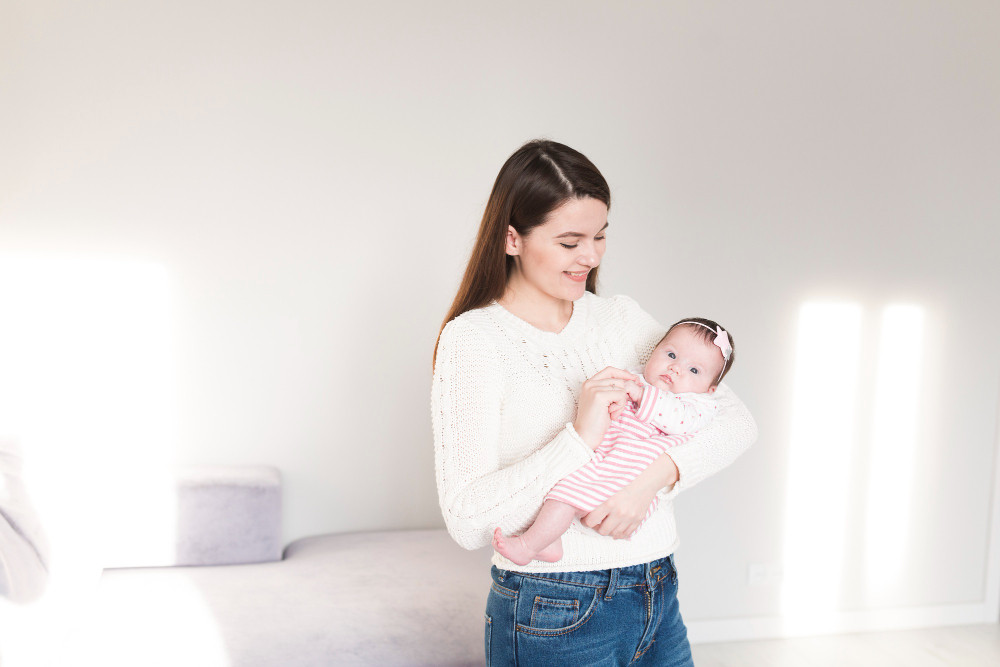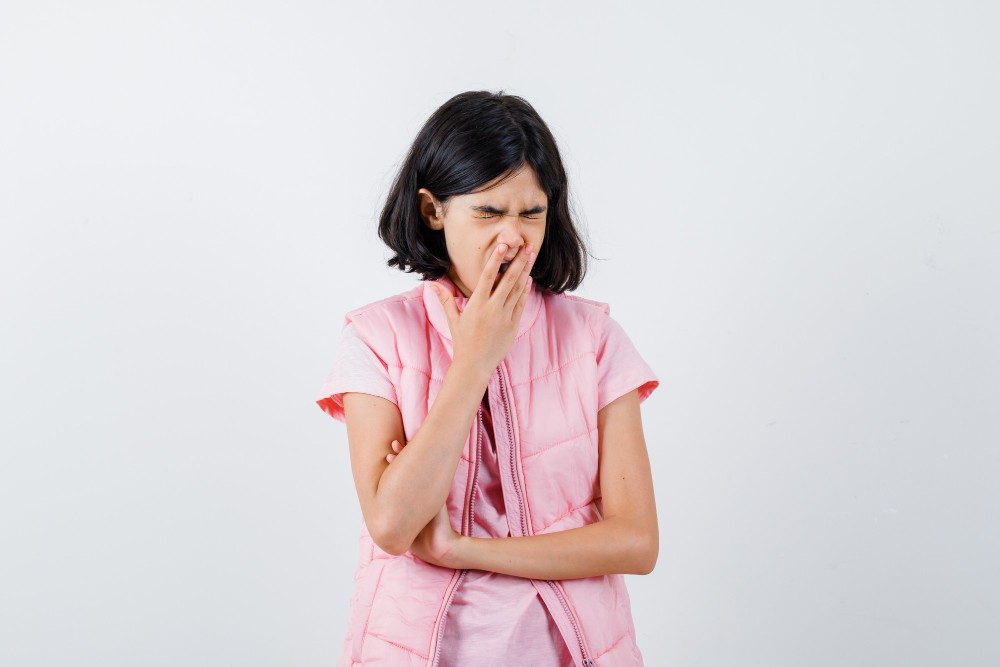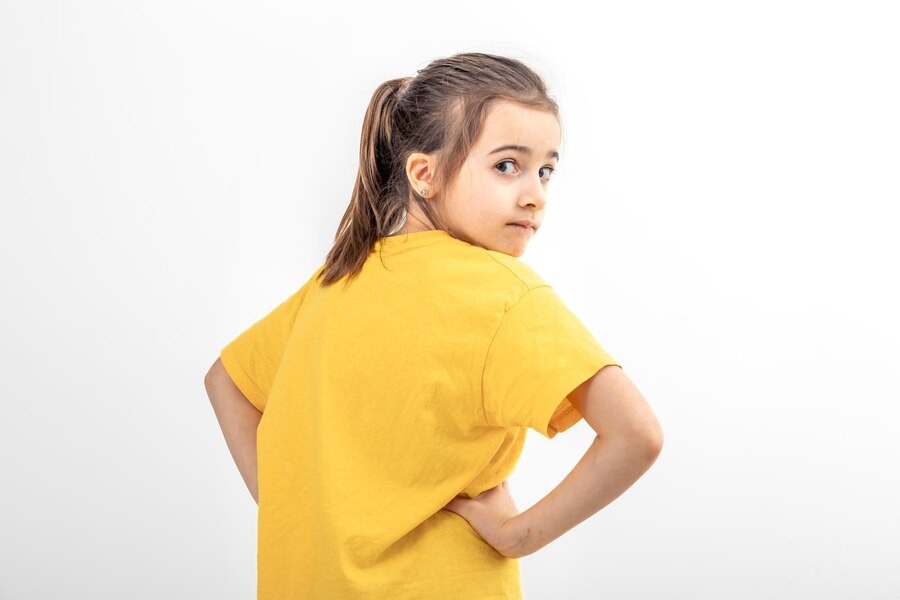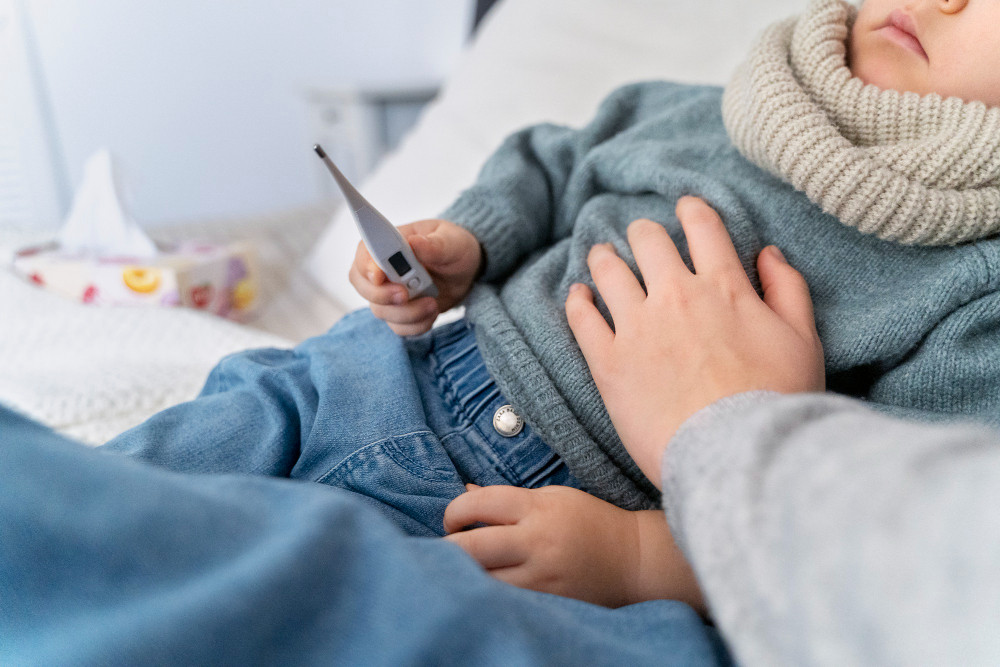Performing the Hajj is one of the obligations of Muslims who are able to. Mothers who have recently given birth may be able to take their baby on Hajj or Umrah because they are unable to leave the baby for an extended period. What factors should you consider if you want to travel with your baby for Hajj and Umrah? Check out the following review.
Is it safe to take a baby on Hajj and Umrah?
For Muslims, performing Hajj is one of the pillars of Islam. Hajj is performed in several cities in Saudi Arabia, including Makkah, Muzdalifah, Padang Arafat, and Mina, and typically lasts 14 to 40 days. Meanwhile, Umrah is a sunnah worship performed in Mecca and Medina and lasts 14–21 days.
Administratively, there is no prohibition on mothers bringing their babies to Hajj and Umrah. However, there are several things related to the health of the mother and baby that need to be considered before taking the little one traveling far, such as:
Postpartum period of the mother
New mothers will experience the postpartum period for up to 40 days after the birth of their child. During the postpartum period, the uterus naturally removes excess blood and tissue from pregnancy and childbirth.
According to the rules, postpartum blood is unclean, so women who are menstruating or postpartum are not permitted to pray or perform tawaf in Makkah. Mothers who have recently given birth should wait until the postpartum period is over before planning a Hajj or Umrah trip.
Risk of meningitis
Meningitis is an endemic disease in the Middle East that can be fatal. Meanwhile, infants and adults with weakened immune systems are susceptible to meningitis.
All Hajj and Umrah pilgrims are required to receive the meningitis vaccine in the country. The meningitis vaccine can only be administered to infants aged 2 months and up, so mothers should wait until their child is 2 months old or older before taking him on Hajj or Umrah.
Risk of heatstroke
Some pilgrimage sites, such as Mina and Arafat, have temperatures that exceed 50 degrees Celsius. To keep cool in this hot weather, the body will sweat constantly. Prolonged exposure to high temperatures can result in heatstroke.
Infants and young children are more vulnerable to heatstroke because their bodies' temperature control systems are less effective than adults. It is also difficult for them to express themselves and tell you that they are hot.
Risk of jet lag
Jet lag can occur during a flight to the Holy Land, particularly in infants or toddlers who already have a regular sleeping routine. Jet lag in infants and toddlers is distinguished by fussiness, difficulty feeding, difficulty sleeping at night, and sleeping more during active periods.
Although jet lag is only temporary and can be resolved within a few days of adjusting to the local time zone, a fussy baby can disrupt your worship and that of the other participants.
Preparations for bringing a baby on Hajj/Umrah
Although infants and toddlers are generally permitted to participate in the Hajj and Umrah pilgrimages, religious leaders advise parents to invite their children to perform Hajj and Umrah when they are over 5 years old or have reached puberty.
At that age, children can take care of themselves and worship independently. In terms of health, children's endurance has improved since they were babies and toddlers.
However, suppose parents invite their children to participate in Hajj and Umrah under particular circumstances. In that case, they should consult a doctor to ensure their child can handle the long series of worship. If there are no health concerns, you can invite your child to perform Hajj or Umrah.
Before taking your little one on a long trip, consider the following tips:
- Select a special airline ticket for babies. Your baby will be safest in a bassinet during the flight. Contact the airline to reserve a seat and a bassinet for your baby.
- Vaccinate your baby against meningitis and flu.
- Keep breastfeeding on schedule.
- Bring some of their favorite toys or items to make your child feel at ease.
- Pack a sling or stroller.
- Watch for signs of dehydration in your child.
- Breastfeeding mothers should eat nutritious foods and drink plenty of fluids to avoid dehydration.
- See a doctor immediately if your child shows other health problems, such as fever or cough.
Taking a baby on Hajj and Umrah is a risky endeavor. Before traveling, consult with your doctor about the health and physical preparations for you and your little one.
If you need medical advice or consultation, you can either visit a doctor or make use of the consultation features that are available in the Ai Care application by downloading the Ai Care application from the App Store or Play Store.
Looking for more information about pregnancy, breastfeeding, and the health of women and children? Click here!
- Sean Edbert Lim, MBBS
Geddes, J. (2022). How to Manage Jet Lag in Babies. Available from: https://www.whattoexpect.com/first-year/sleep/jet-lag-in-babies/
Bellani, P. Heat stroke in babies and toddlers. Available from: https://www.babycenter.in/a1050112/heat-stroke-in-babies-and-toddlers
Healthy Children. Flying with Baby: Parent FAQs. Available from: https://www.healthychildren.org/English/safety-prevention/on-the-go/Pages/Flying-with-Baby.aspx











